Do Black Men Need Therapy
We recently launched a new podcast called Win the Day. It’s a semi-daily pod devoted to providing practical tips and telling encouraging stories around mental health awareness. You can listen, follow and subscribe on Spotify.
The short answer: Yes.
In fact, Black people in general are in desperate need of therapy and other mental health services and prevention. Suicide is the second leading cause of death for teenagers.
To our tragic dismay, Black suicide is a public health crisis not getting anywhere near the attention it needs or deserves. Suicides among Black teenagers have doubled in this century. In Black children between the ages of 5 and 12, the suicide rate is double that of White children the same age. Between 2001 and 2017, suicides by Black girls between the ages of 13 and 19 rose by nearly 200%. Our babies are taking their own lives, and many of us have been passive in this tragedy, unaware of its occurrence, ignorant of how to take steps to help, or struggling with our own bouts of depression, anxiety and suicidal thoughts. I know. I used to be one of them.
There are so many reasons for these disturbing trends that I am not confident I can do all of them justice in this post. For this particular write up, my aim is to offer encouragement to Black men in particular, with the intention and desire to continue to provide valuable resources to both men and women contemplating suicide.
One of the overwhelming factors preventing many Black men from seeking help with their mental health is the ingrained belief that a fundamental aspect of being a man means “being tough.” Unfortunately, many of us failed to receive an adequate explanation of this growing up. We also lacked the ability to see a model of what it truly means to be tough and protect in the home as well. I am fortunate. I at least got the opportunity to see my father model this in the household before my parents split up. I learned that the “tough” thing to do as a man was get out the bed every morning instead of pressing snooze, go to a job that probably emotionally beats you down, and come home and love on your kids in spite of that. Every single day. Rinse and repeat.
To our credit, many Black men I know are doing that. They have an unrelenting commitment to providing for their families in the face of never-ending adversity. It’s that relentlessness, however, that leaves us susceptible to deep bouts of loneliness and worthlessness. The world hates us, reminds us at every little step of the way, and we rarely have any reprieve. Generally speaking, women usually at least have a group of friends they are close with and able to confide in. Even when men do have friends, those relationships can often be characterized by spotty conversations around sports, sex and alcohol. If you are constantly pouring out, there has to be someone pouring into you.
But the need for therapy isn’t just for men with families, or for those who have been unwilling or unable to form lasting, deep friendships with other men. In fact, it can be extraordinarily helpful for our community at-large to have seemingly healthy Black men dedicated to improving themselves mentally, psychologically and emotionally. One of the many barriers to mental health services for Black people is lack of access and affordability. Having more people in our community that can provide tips, tidbits and insight that they have received from licensed professionals is paramount to reversing current trends. There are so many people that still believe battling suicidal thoughts starts with simply praying more. We need to drown out those voices.
Of course, no individual that is not a licensed mental health professional should ever feel obligated to provide mental health tips to friends. That said, I’ve found over the years that many of the things I have learned from my therapist have seeped into who I am at my core. That growth naturally flows into interactions with people I love. I don’t know if it ever saved anyone’s life, but I like to think it did, even if the only person is me.
It is incumbent on us Black men that do have the access and resources to mental health services to prioritize it in our lives. That may be the first step in what is likely a long trek to reverse the rising suicide numbers in our community.
